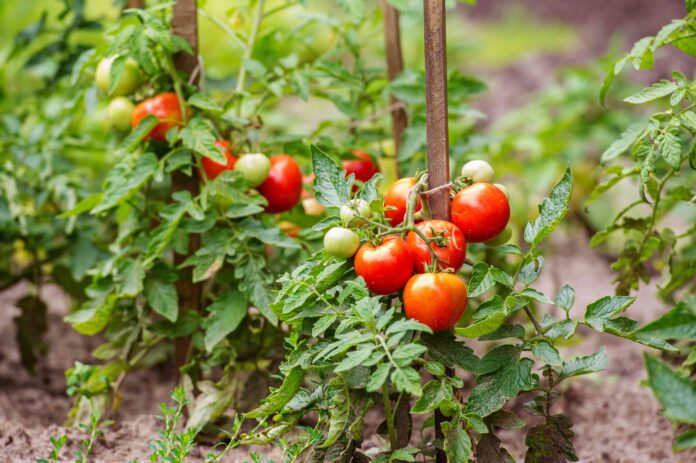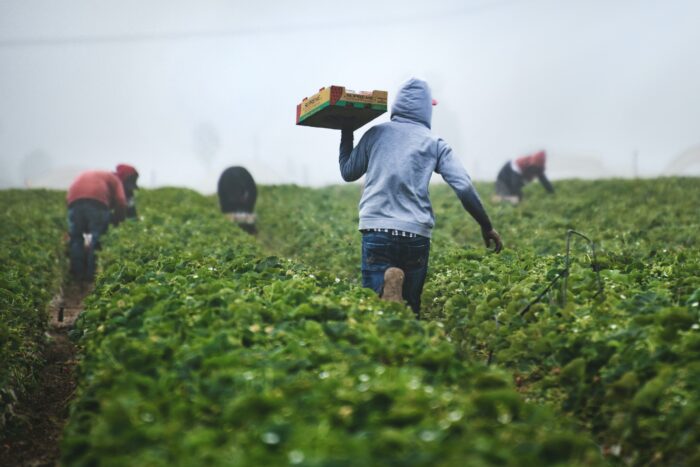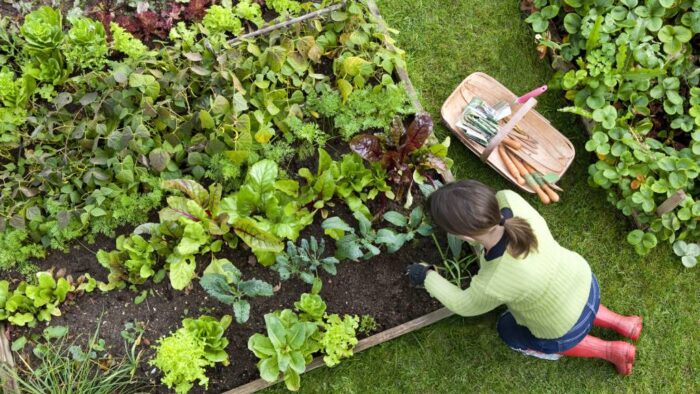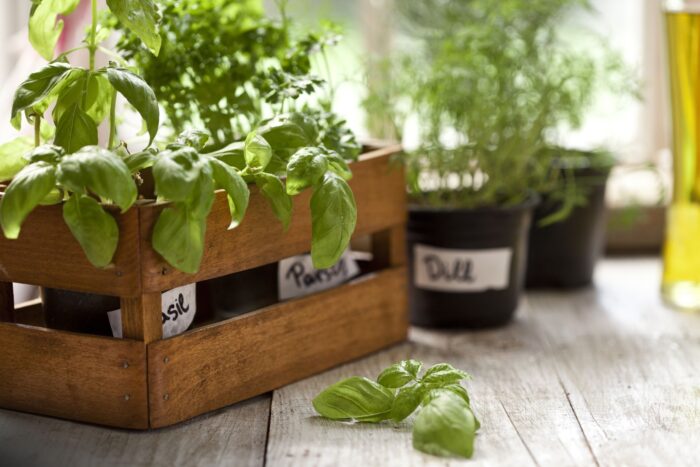
If you have a passion for gardening, or perhaps just a green thumb, you might have thought about growing your own herbs and vegetables.
When done well, this can make you feel more self-sufficient, and might even lead to a situation where you’re using these ingredients more regularly in meals – which can lead you to a healthier diet.
If you’ve yet to start, though, you might be unsure about a few key details in a way that holds you back from taking the plunge. These greens can be a fine addition to your garden, so it’s worth gathering all of the knowledge that you can to carve a path ahead.
Check the Seasons

Many herbs and seeds will come in packets when you buy them that give you information on the best time to plant them and the best time to harvest them.
It can be frustrating when it feels as though everything that you want to plant and use for ingredients is out of season, but it might just mean that you have to change your perspective on this plan to be more long term.
Perhaps, for example, if this is something that you start thinking about in October, you can start the plan in earnest starting from January of the following year, giving you enough time to plan out when you would need to plant each addition to your garden.
Prepare Your Garden

It’s not enough to have the information and the knowledge, however; you need a functional space to actually plant what you want to. Sometimes, this can lead to disappointments, such as how some people might want to make use of certain vegetables like chillis that can require a greenhouse or a similar environment – something that you might not have access to.
However, having a garden in itself is often enough to get creative with; you just need to make sure that you’re able to withstand the elements. Obviously, you can’t do much to change the weather, but in the case of extreme rain or heat, it might be that you need a sufficient sprinkler system or a way to investigate implementing irrigation wholesale.
If you’re serious about planting your own herbs and vegetables, these kinds of changes can make your garden a suitable environment looking ahead, giving you more leeway when conditions don’t align perfectly.
Patience and Persistence

Even when it feels like everything should be going right, though, it can still turn out unexpectedly and for the worse. It’s disappointing when something that you plant dies without much explanation or just doesn’t produce the kinds of results that you’re hoping for, but it’s important to remember that each plant is different and often requires a different level of care.
Expecting to get everything right at once might be an attitude that quickly backfires. However, being observant as to how you’ve gone about it and attentive as to what you can do differently can help you to take each unfortunate outcome in your stride.








